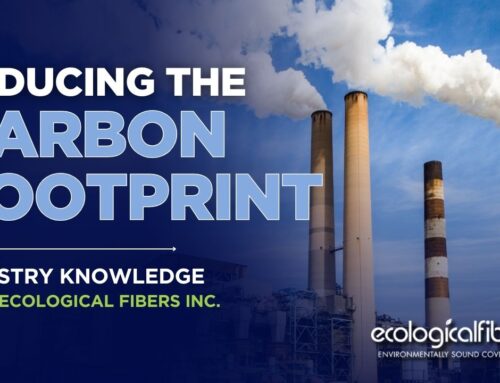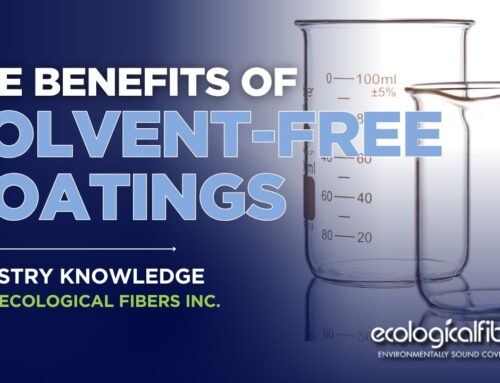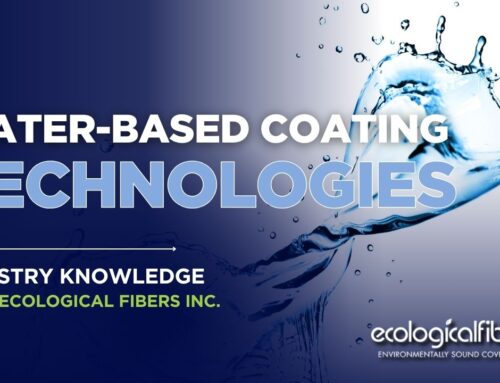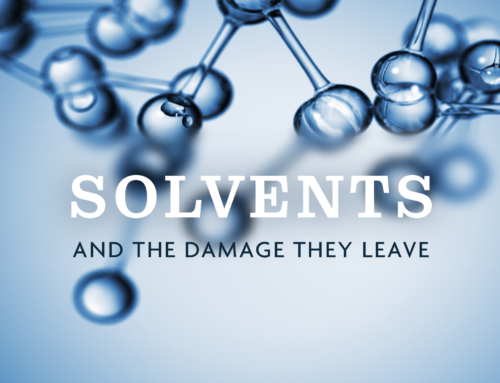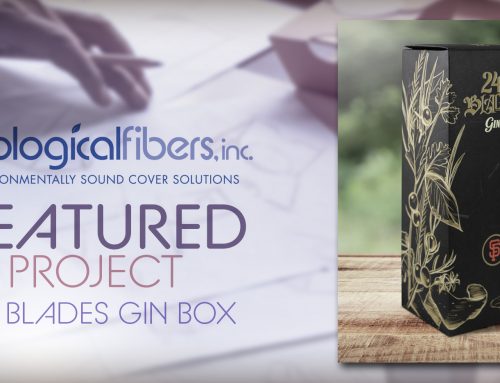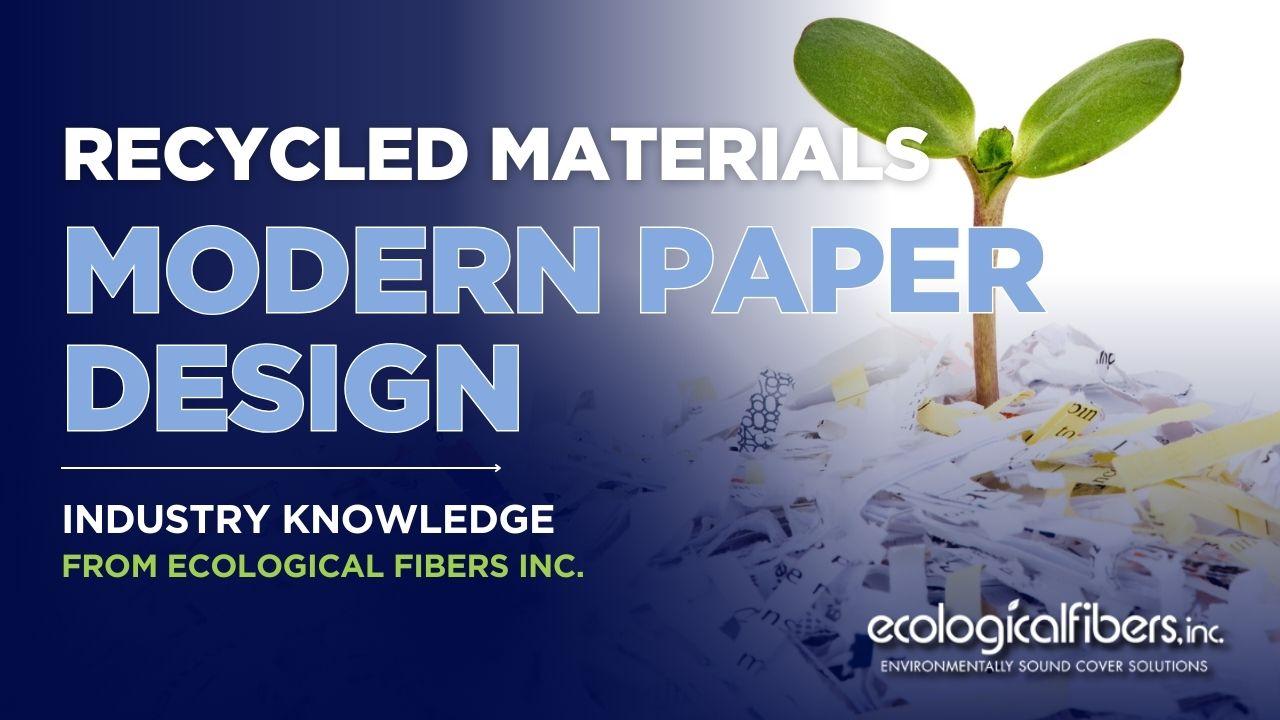
Recycled materials are transforming the paper industry by reducing environmental impact, conserving natural resources, and enabling the development of high-performance sustainable products. As the demand for eco-friendly alternatives rises, manufacturers are exploring new ways to integrate recycled fibers without compromising durability or aesthetics. Advanced fiber processing, improved de-inking technologies, and innovative coatings are helping push the limits of recycled paper applications.
Reducing Resource Consumption and Environmental Impact
Recycling paper fibers reduces the need for virgin wood pulp, helping to conserve forests and lower the carbon footprint of paper production. Traditional paper manufacturing requires significant amounts of water, energy, and raw materials, making it a resource-intensive process. By repurposing post-consumer and post-industrial waste, manufacturers can significantly cut down on deforestation while also reducing emissions associated with logging and transportation.
The integration of recycled materials into high-performance paper is a key priority for brands looking to lower their environmental impact. Ecological Fibers is committed to developing materials that balance sustainability with quality by refining fiber selection and optimizing production processes. By enhancing the recyclability of its coatings and materials, Ecological Fibers ensures that its solutions contribute to a more circular economy.
Advancements in Recycled Fiber Technology
Modern paper production is evolving as new methods improve the strength and brightness of recycled fibers. Innovations in fiber purification, de-inking, and mechanical processing allow for recycled content to be used in a wider range of applications than ever before. These advancements are making it possible to create high-quality packaging, book covers, and specialty papers that rival virgin fiber alternatives.
One of the biggest challenges with recycled fibers is maintaining strength and printability while reducing contamination. To address this, Ecological Fibers develops coatings that enhance durability and color reproduction, ensuring that recycled materials meet the same aesthetic and functional standards as traditional paper. These coatings allow businesses to transition to sustainable materials without sacrificing performance.
Functional and Aesthetic Benefits of Recycled Paper
Beyond its environmental advantages, recycled paper offers unique textures and finishes that appeal to designers and brands seeking distinctive, sustainable materials. Paper produced from recycled fibers often features natural variations in color and grain, which add character to premium packaging and printed materials.
As the demand for high-end sustainable paper grows, manufacturers are developing processes that refine the visual appeal of recycled fibers while maintaining their eco-friendly advantages. Ecological Fibers works with brands to create custom solutions that showcase the beauty of recycled materials while ensuring durability and print performance. These efforts allow businesses to embrace sustainability without compromising on design.
The Role of Recycled Materials in a Circular Economy
Shifting toward a circular economy means keeping valuable resources in use for as long as possible. Paper products that integrate recycled fibers extend the lifecycle of raw materials, reducing landfill waste and decreasing the environmental impact of production. Instead of being discarded after a single use, materials are reprocessed and repurposed multiple times, reinforcing the sustainability of the entire supply chain.
For recycled materials to remain viable, they must be compatible with existing recycling infrastructure. Ecological Fibers develops coatings and materials that support recyclability, eliminating barriers that prevent paper from being repulped. By designing for circularity from the start, Ecological Fibers helps ensure that paper products can continue their lifecycle with minimal waste.
Frequently Asked Questions About Recycled Materials in Paper Design
How does using recycled materials benefit paper production?
Recycled materials reduce the need for virgin pulp, lower water and energy consumption, and decrease emissions associated with raw material extraction.
Can recycled paper match the quality of virgin fiber paper?
Yes, advancements in fiber processing and de-inking have enabled recycled paper to achieve high brightness, strength, and print quality comparable to virgin fiber alternatives.
What industries benefit most from recycled paper?
Packaging, book publishing, and specialty printing industries rely on recycled materials to create eco-friendly products without sacrificing durability or aesthetics.
How does Ecological Fibers ensure the performance of recycled paper?
Ecological Fibers develops coatings that enhance the durability, printability, and moisture resistance of recycled paper, making it suitable for high-end applications while maintaining sustainability.
The Future of Recycled Materials in Paper Design
As global sustainability efforts continue to evolve, recycled materials will play an increasingly vital role in modern paper design. Companies that adopt these materials contribute to a more responsible supply chain while meeting consumer expectations for eco-friendly solutions.
Ecological Fibers remains dedicated to advancing fiber innovation and developing coatings that enhance the performance of recycled paper. Businesses looking for high-quality, sustainable materials can rely on Ecological Fibers to deliver solutions that reduce environmental impact without sacrificing excellence. To learn more about our sustainable paper innovations, contact our team at 978.537.0003.

